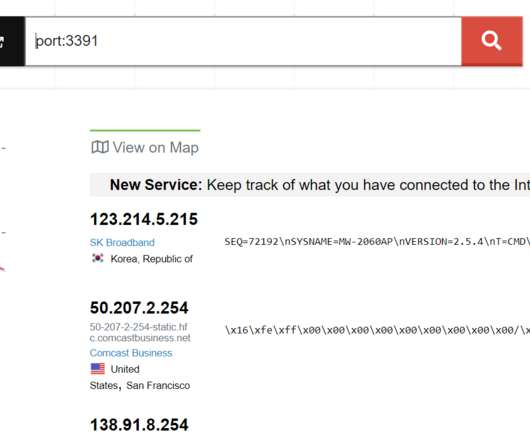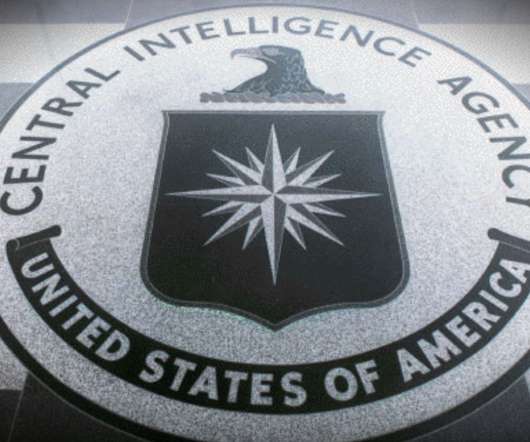Chinese hackers exploited a Trend Micro antivirus zero-day used in Mitsubishi Electric hack
Security Affairs
JANUARY 25, 2020
Chinese hackers have exploited a zero-day vulnerability the Trend Micro OfficeScan antivirus in the recently disclosed hack of Mitsubishi Electric. According to ZDNet, the hackers involved in the attack against the Mitsubishi Electric have exploited a zero-day vulnerability in Trend Micro OfficeScan to infect company servers.











Let's personalize your content